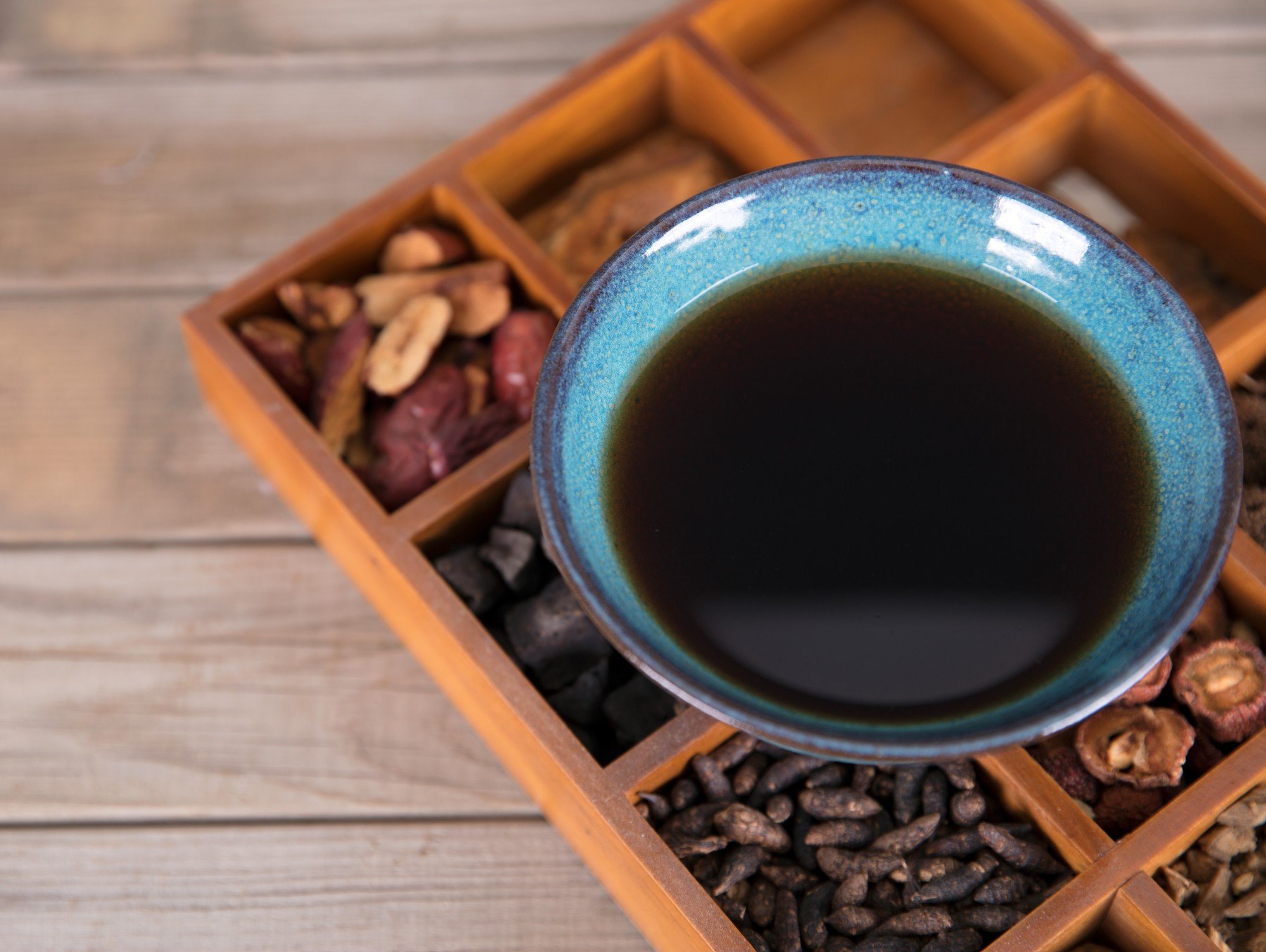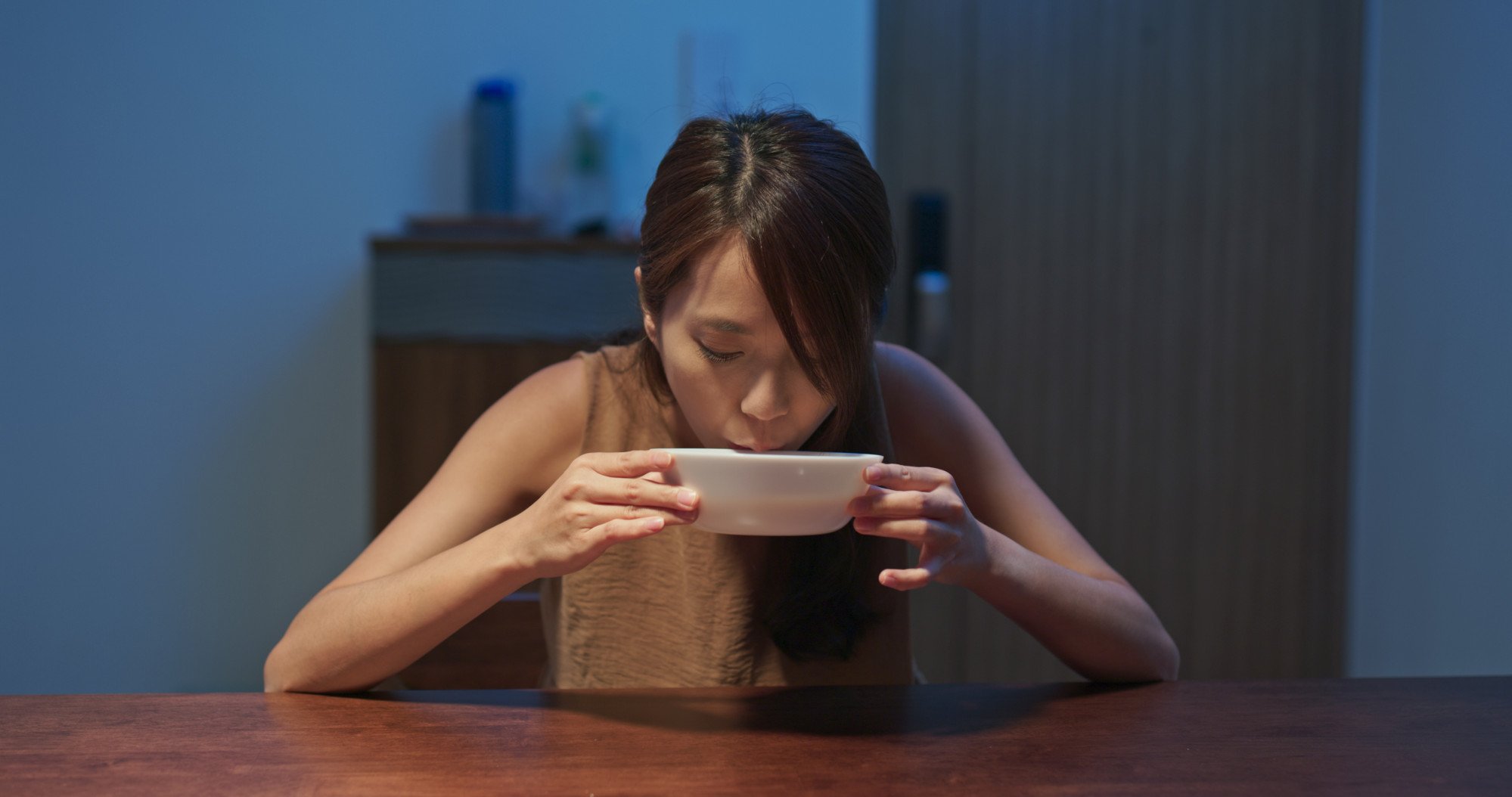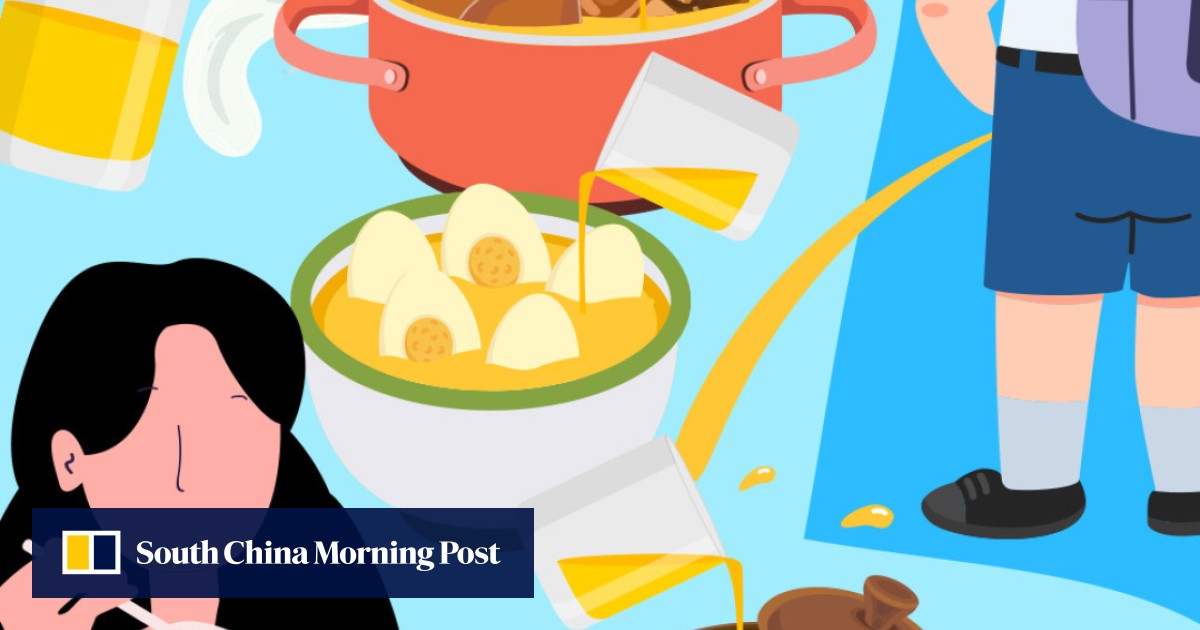There has long been a belief in traditional Chinese culture that the urine of boys possesses a variety of “mysterious powers”. They range from health benefits, such as boosting yang energy and reducing fever, to spiritual advantages that include keeping evil spirits away and boosting good fortune.
To maximise these purported effects, the urine is collected from boys under the age of 10, with the most valued being the first-morning wee from a boy on the day before he turns one month old.
This practice stems from the traditional belief that young boys embody pure yang energy, representing masculinity and infinite vitality.
Historically, alchemists even presented boys’ urine to emperors as “Immortal Water”, claiming it could bestow immortality. The Jiajing Emperor of Ming dynasty (1368–1644) notably used the excretions in his elixir preparations in pursuit of eternal life.
Film lovers might recall the old superstition cropping up in the 1987 film Mr Vampire, when the character of a Taoist priest, played by the Hong Kong actor Lam Ching-ying, uses a boy’s urine to defeat a witch.
But it seems even ancient folklore “cures” have side effects, such as the belief that the diseases of those who use the urine can transfer to the child and that sharing it might shorten the boy’s lifespan.

Today, the tradition continues and can be seen in various practices aimed at enhancing health and luck.
Recipe ingredient
Two recipes from southern China incorporate kiddy wee, which have gained national acclaim: boy’s urine eggs of Zhejiang province and boy’s urine stewed pig’s feet from Fujian province.
The urine eggs, which were recognised as an intangible cultural heritage in Zhejiang province in 2008, are a traditional delicacy particularly enjoyed around the Ching Ming Festival. They are believed to prevent drowsiness in spring and heatstroke in summer.
The preparation involves collecting urine from kindergartens or primary schools using basins and buckets, cleaning fresh eggs, placing them in a pot, and covering them with the urine.
In addition, eggs from different households are cooked together in the same large pot for two days, with each family marking their eggs with charcoal for identification.
The cooking method for stewed pig’s feet is to steam them in a small, covered pot with some of the “magic” liquid. This dish is believed to replenish yang energy, when recovering from a serious illness if you are old or if your body is feeling weak.

Medicinal purposes
Traditional Chinese medicine has long featured the use of human urine. For example, ren zhong bai, a renowned Chinese medicine made of urine sediment, is reputed for its ability to clear heat, reduce swelling, and stop bleeding.
Similarly, mixing urine with water to decoct medicine or adding it after the medicine has been prepared, is believed to boost efficacy.

Aiding postpartum recovery
In the traditional Chinese postpartum practice of “sitting the month,” which is the period in which new mothers rest and recover after giving birth, a boy’s urine is sometimes added to soups consumed by the mothers.
This ancient Chinese prescription is believed to help clear heat, detoxify, remove stasis, and promote blood circulation.
Expelling evil spirits
A boy’s urine is sometimes placed in a home, perhaps sealed in a plastic bag, so that its strong yang energy can counteract yin energy, expelling evil, deflecting misfortune, and bringing good luck.
There is no modern scientific evidence to support the effectiveness of this tradition and its continued practice could, in part, be attributed to depictions in Chinese films and popular TV dramas.
